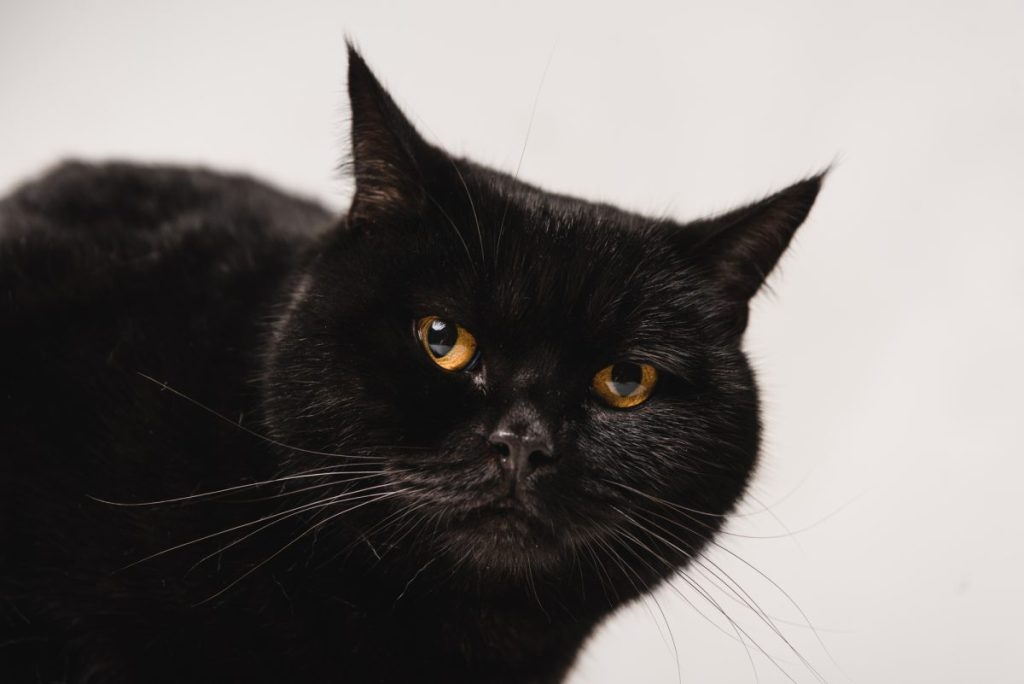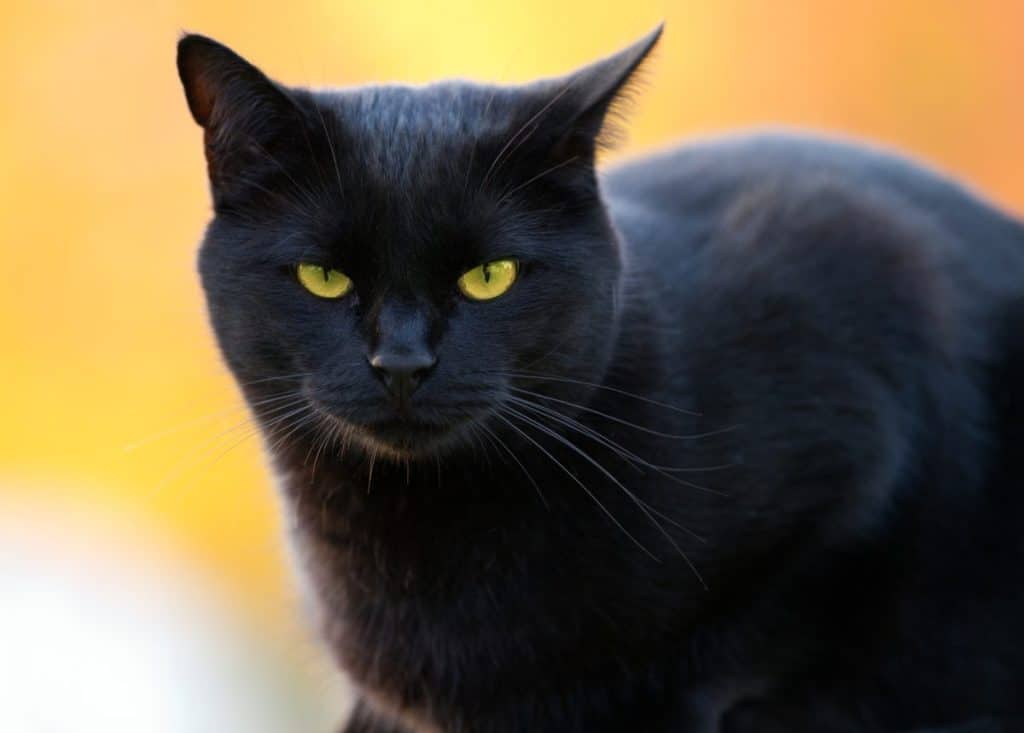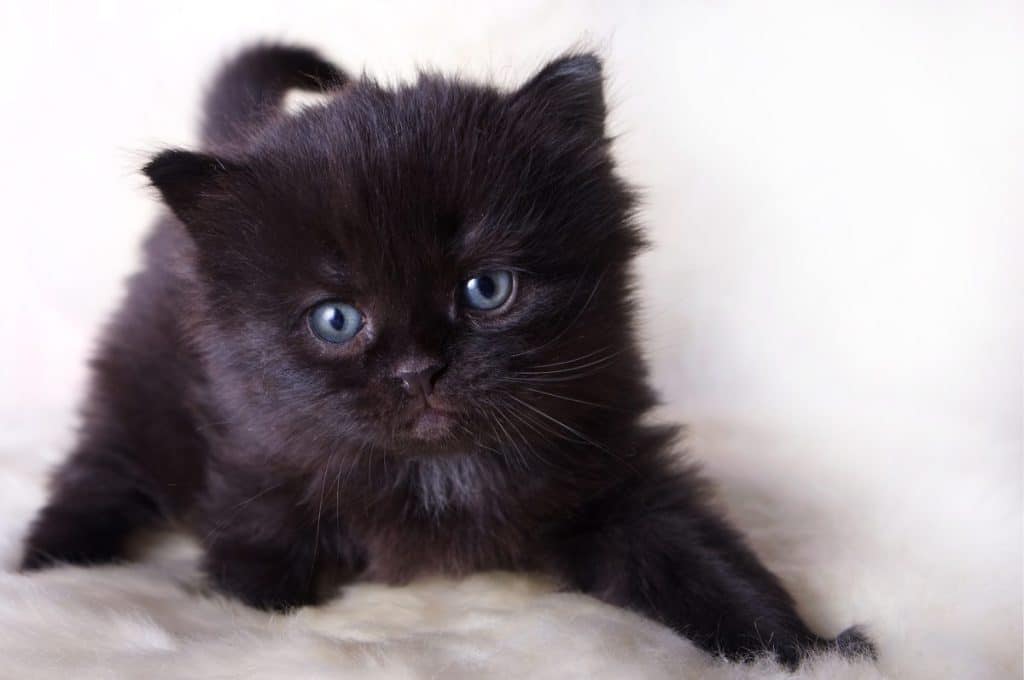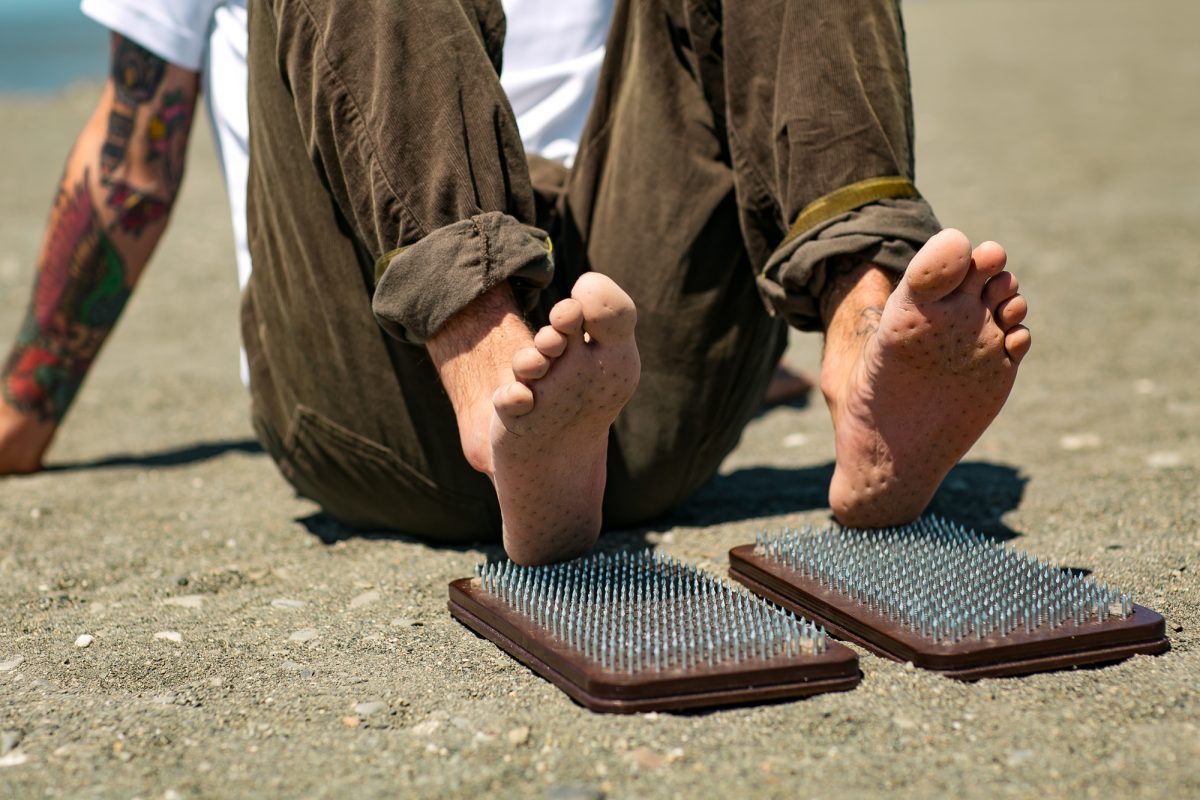A Whisker’s Tale: The Fascinating Superstitions and Beliefs About Black Cats
Table of Contents
The Tale Begins with a Whisker
Ever notice a black cat crossing your path and feel a little shiver run down your spine? Or maybe you’ve heard a friend refuse to adopt a black feline due to age-old superstitions?
Black cats have been an enigma for centuries, wrapped in a cloak of mystery, intrigue, and a fair share of superstition.
Today, we are setting off on an enlightening journey to debunk the myths and reveal the fascinating history and beliefs surrounding black cats.

Black Cats and Ancient Civilizations
Our story begins in Ancient Egypt, where cats were highly revered creatures. The Egyptians saw in them the grace and poise of the divine, and black cats were particularly prized.
The ancient goddess Bastet, often depicted as a lioness or a woman with the head of a lion or a domestic cat, was the goddess of home, fertility, and childbirth, protector of the pharaoh, and, importantly, the goddess of warfare.
The association of black cats with this goddess brought them into the sphere of protection and reverence.
A Change of Heart – The Middle Ages
Fast forward a few centuries to the Middle Ages in Europe, and the black cat’s reputation took a dark turn. As Christianity spread, there was a strong effort to demonize pagan symbols and deities. The black cat, once seen as divine, became associated with witchcraft and evil.

Superstitions arose that witches could transform into black cats and roam the streets unnoticed, leading to the widespread persecution of these innocent creatures.
The New World’s Witches and Black Cats
The black cat’s association with witchcraft followed the European settlers to the New World. The Salem witch trials are a prime example of the hysteria that surrounded anything deemed supernatural, including black cats.
The fear was so pervasive that any association with black cats could lead to accusations of witchcraft.
Black Cats and Modern Superstitions
Even in modern times, black cats can’t seem to shake off their spooky reputation. The superstition about a black cat crossing your path and bringing bad luck is still prevalent. In some cultures, however, black cats are seen as good luck.
For instance, in Scottish lore, the arrival of a strange black cat to a home signifies prosperity.
Black Cats and Halloween
Today, black cats have become an iconic symbol of Halloween. Their image is used in decorations, costumes, and media, often alongside witches and pumpkins.

This association with Halloween likely stems from their historical connection with witchcraft.
Black Cats – The Furry Charm of Luck
Contrary to their bad rap in some cultures, black cats are considered lucky in others. In Japanese folklore, for instance, a black cat is considered a good omen that wards off evil spirits.
Similarly, in maritime lore, while a black cat on the ship could spell doom, a black cat kept at a sailor’s home was considered very lucky indeed!
Black Cats and Theosophy
In the realm of theosophy—a religious movement based on mystical insight into the nature of God and the universe—black cats are believed to possess high “astral” energy and to be spiritually evolved creatures.
Some theosophists believe that black cats serve as spiritual protectors for their owners.
The Enigma That Is the Black Cat
Black cats have journeyed through history, carrying with them a mix of reverence and fear. They’ve been divine symbols, witch’s familiars, and icons of Halloween.
Today, they stand as a testament to how cultural perceptions can shape the narrative around something as simple and beautiful as a cat’s color.






